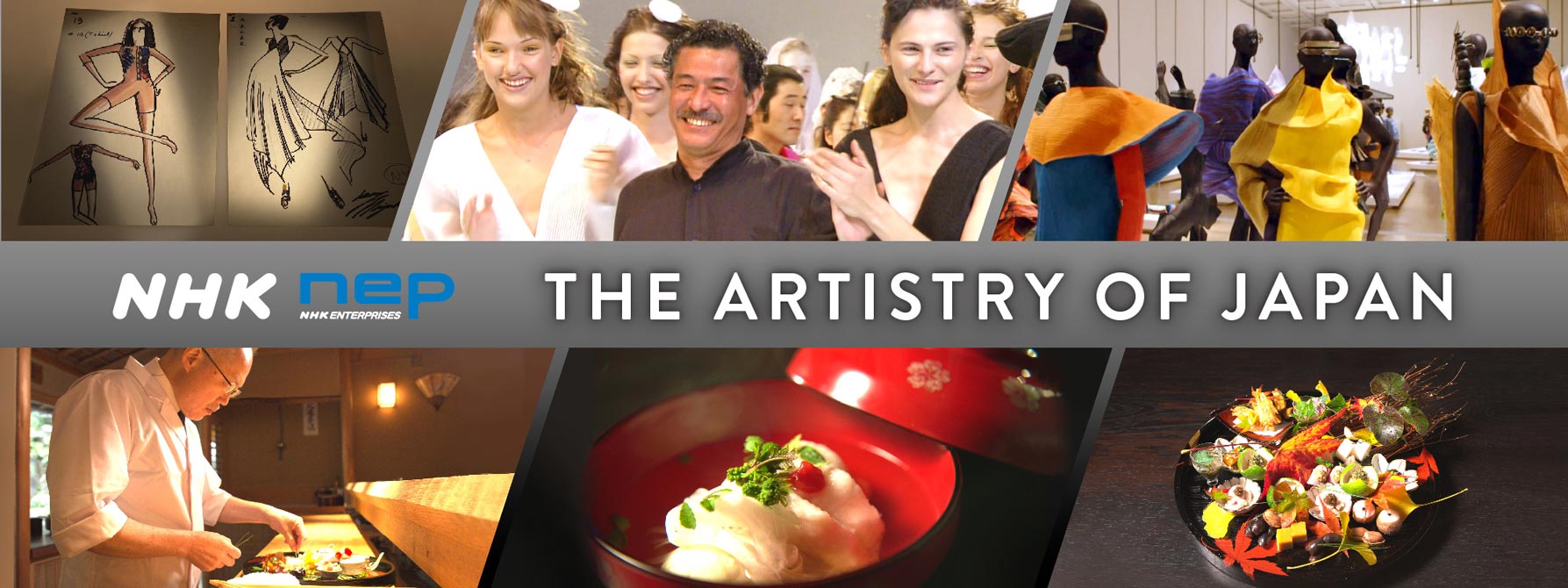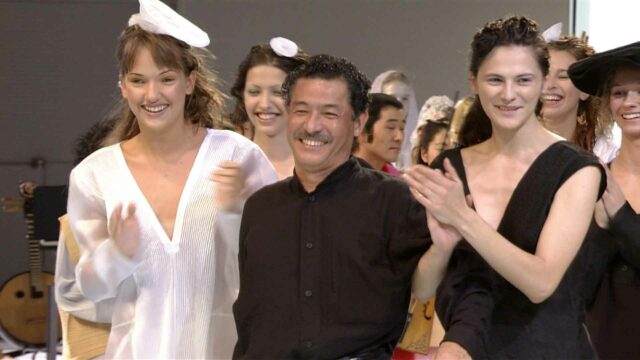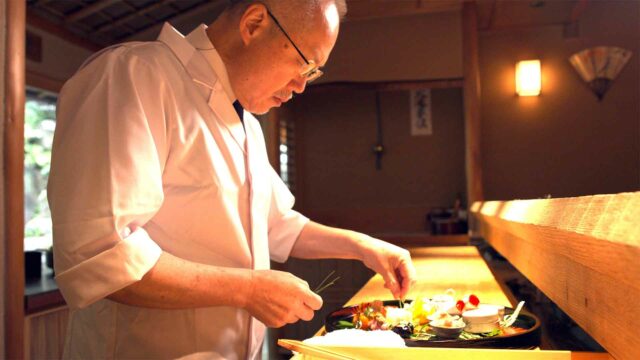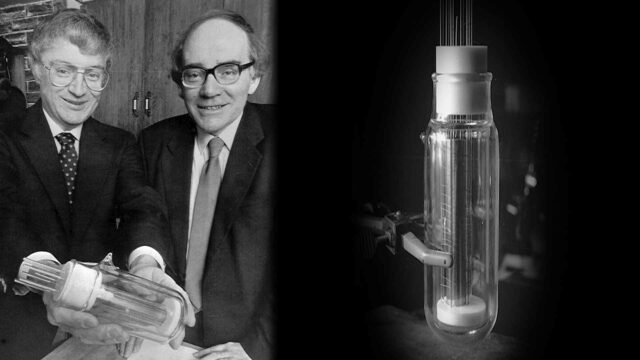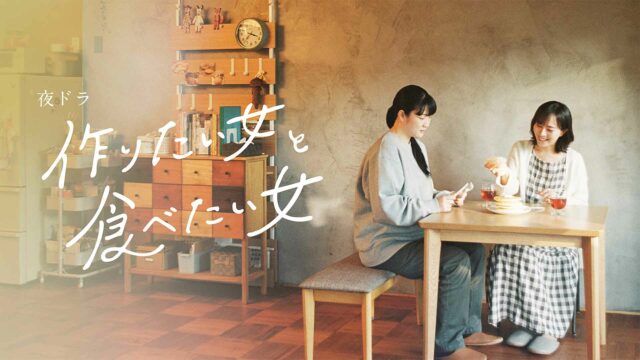NHK dramas are highly regarded as finished programs in countries across Asia, and NHK Enterprises is looking to shore up deals for these scripted successes to be remade in local markets. NHK Enterprises recently signed its first drama adaptation deal with a partner in South Korea for I’ll Still Love You Ten Years from Now. Aired on NHK in 2010, the romantic dramedy sees a woman’s future husband travel ten years back through time to stop her from marrying him in the present. The South Korean adaptation will be produced by Big Ocean ENM, which aims to start filming at the end of this year.

“Japanese dramas (and this is especially true of NHK dramas) tend to pay a lot of attention to depicting the emotions of the characters so that they touch viewers emotionally,” says Afumi Watanabe, senior manager at the content distribution department of NHK Enterprises. “NHK dramas have meticulously crafted screenplays and storylines that are a strong point not only in Japan but also in other parts of the world.”
Watanabe points to The Aromantics as an example. The main character, Sakuko, could never wrap her head around the idea of romance or sex. When she meets Satoru, who identifies as aromantic and asexual, something clicks, and they end up living together, which creates mayhem among their relatives and friends. The drama looks deeply at their emotions as they find out that romance is not always essential for happiness.
“We want to expand our sales widely in all parts of Asia, the Middle East, Europe and North America,” Watanabe says. “We’d like to focus on remakes in South Korea and Turkey, as they have strong global appeal and can be expected to have further reach.”
Many NHK dramas pay close attention to depicting the subtleties of the characters’ emotions. One strong theme is romance. Watanabe believes NHK’s romantic dramas are ripe for remakes in all markets. I’ll Still Love You Ten Years from Now, for one, is full of the bittersweet moments that come with being in love. “It’s a relatable story for anyone who wonders how things would turn out if they could live their life again,” Watanabe says.
A variety of other romantic dramas are being marketed as formats by NHK Enterprises, including Second Virgin, in which a woman gets into a forbidden affair with a man 17 years her junior, and First Love, which follows a sick woman who re-encounters her first love, who is now a physician.
NHK also has a range of dramas that highlight contemporary and historical themes, Watanabe points out. “Lately, NHK has made some truly bold dramas that are unlike anything seen before.” Examples of recent ambitious dramas include Zombies Made Me Reconsider My Life, a black comedy in which three women’s hidden desires are laid bare as they fight to survive an outbreak of zombies, and Teen Regime, in which a 17-year-old high-school student is chosen by artificial intelligence to be the prime minister of Japan.
Joining The Aromantics, Zombies Made Me Reconsider My Life, Teen Regime, First Love and Second Virgin on the list of scripted format highlights is Contrail. “These dramas reflect totally unique approaches and perspectives,” Watanabe says. “We believe they will be popular around the world as remakes.”
There are also two new doc highlights on offer from NHK Enterprises that promote a Japanese sense of beauty and culture: ISSEY MIYAKE: The Human Inside the Clothes and Not Yet There.
ISSEY MIYAKE: The Human Inside the Clothes spotlights the internationally renowned fashion designer Issey Miyake, who describes the creation of his clothes as the creation of skin. Born in Hiroshima, Miyake lived through the atomic bombing at the age of 7 and has mostly been quiet about that experience while instilling each new fabric “skin” with his hopes for postwar recovery and peace. “In our documentary, viewers will see how Miyake constantly evolved in his creation of clothes, hear him speak in interviews and hear from people who had a close-up view of his approach to life,” says Yukari Harada, senior producer in the global content development division of NHK. “We hope they enjoy discovering how Miyake felt about Hiroshima and how he created the designs that wowed the world.”
Not Yet There provides an inside look at the Mizai restaurant in Kyoto, which uses dishes made from seasonal ingredients, tableware that gives a sense of the season and surroundings decorated with plants and flowers for an artistic experience. “Mizai’s incomparable hospitality is a kind of Japanese culture that deserves to be preserved,” says Yuichiro Suda, director of Not Yet There. “It’s experienced in a place that embodies the Japanese spirit of concentrating entirely on the present moment (a spirit that’s honored in the Japanese tea ceremony and in the Zen Buddhism in which the tea ceremony originated). Meanwhile, however, time-honored Japanese aesthetic sensibilities and traditions are starting to be forgotten. We created this documentary out of a desire to bring them back to Japanese people’s attention and share them with people around the world.”
